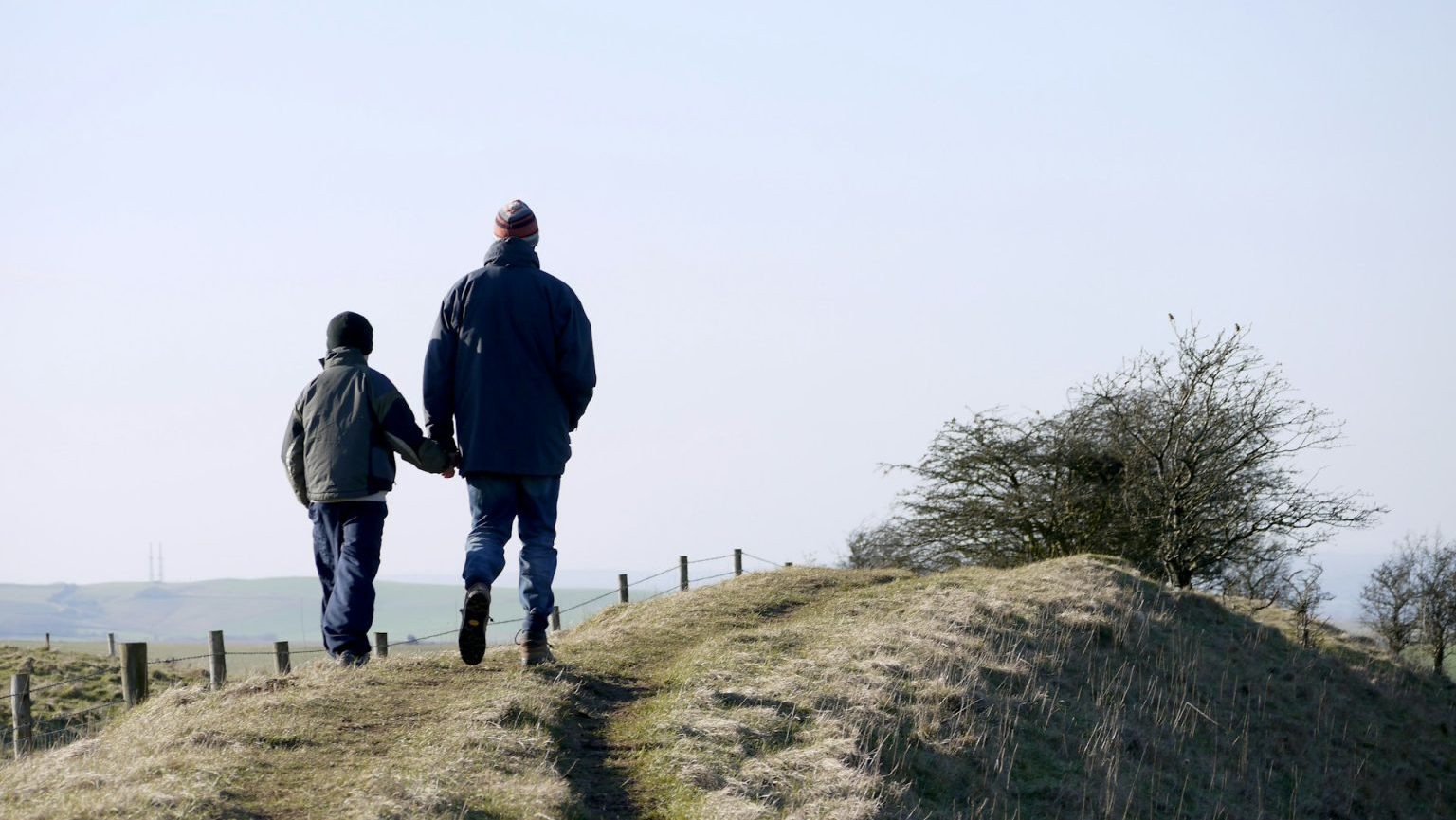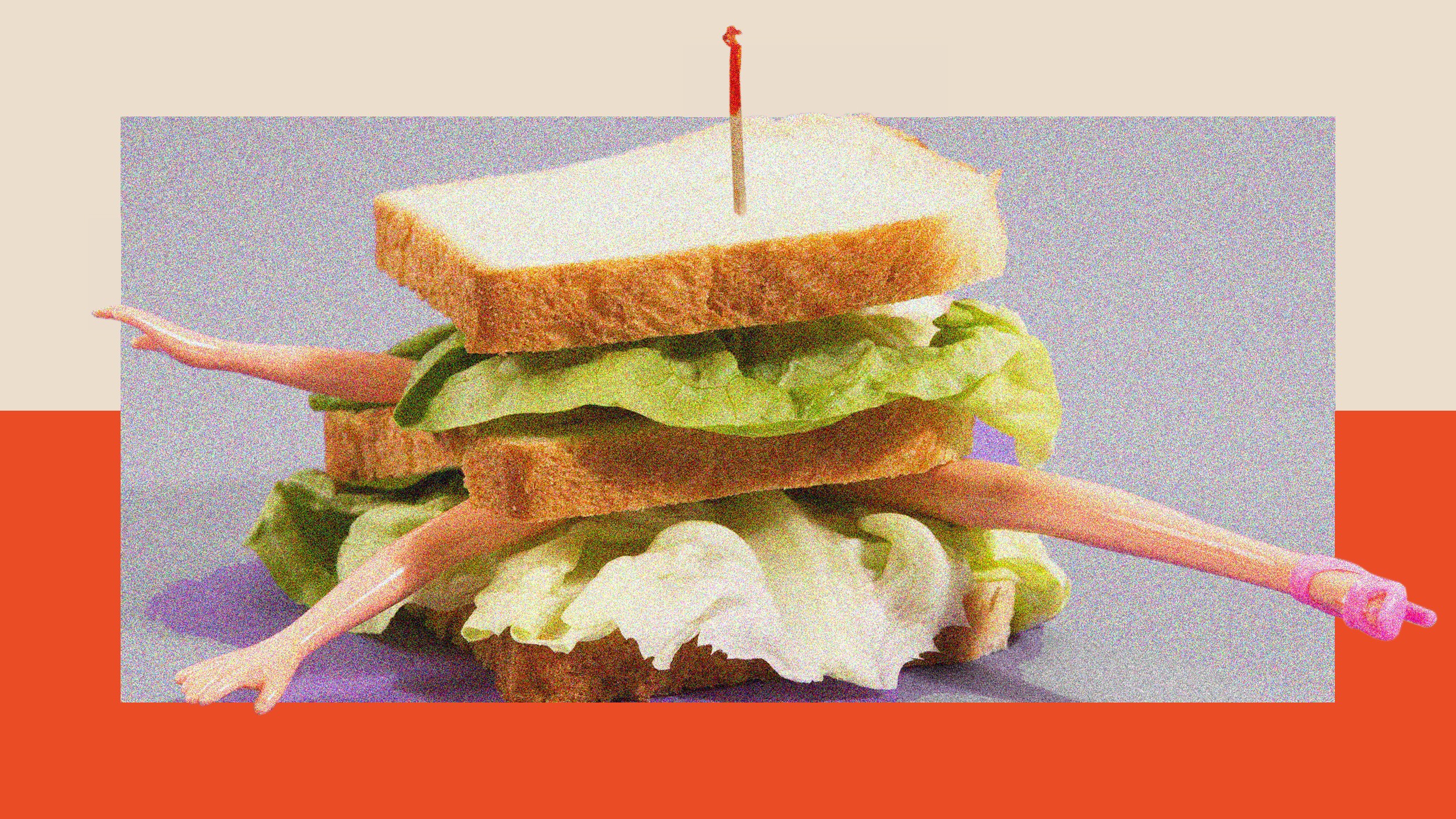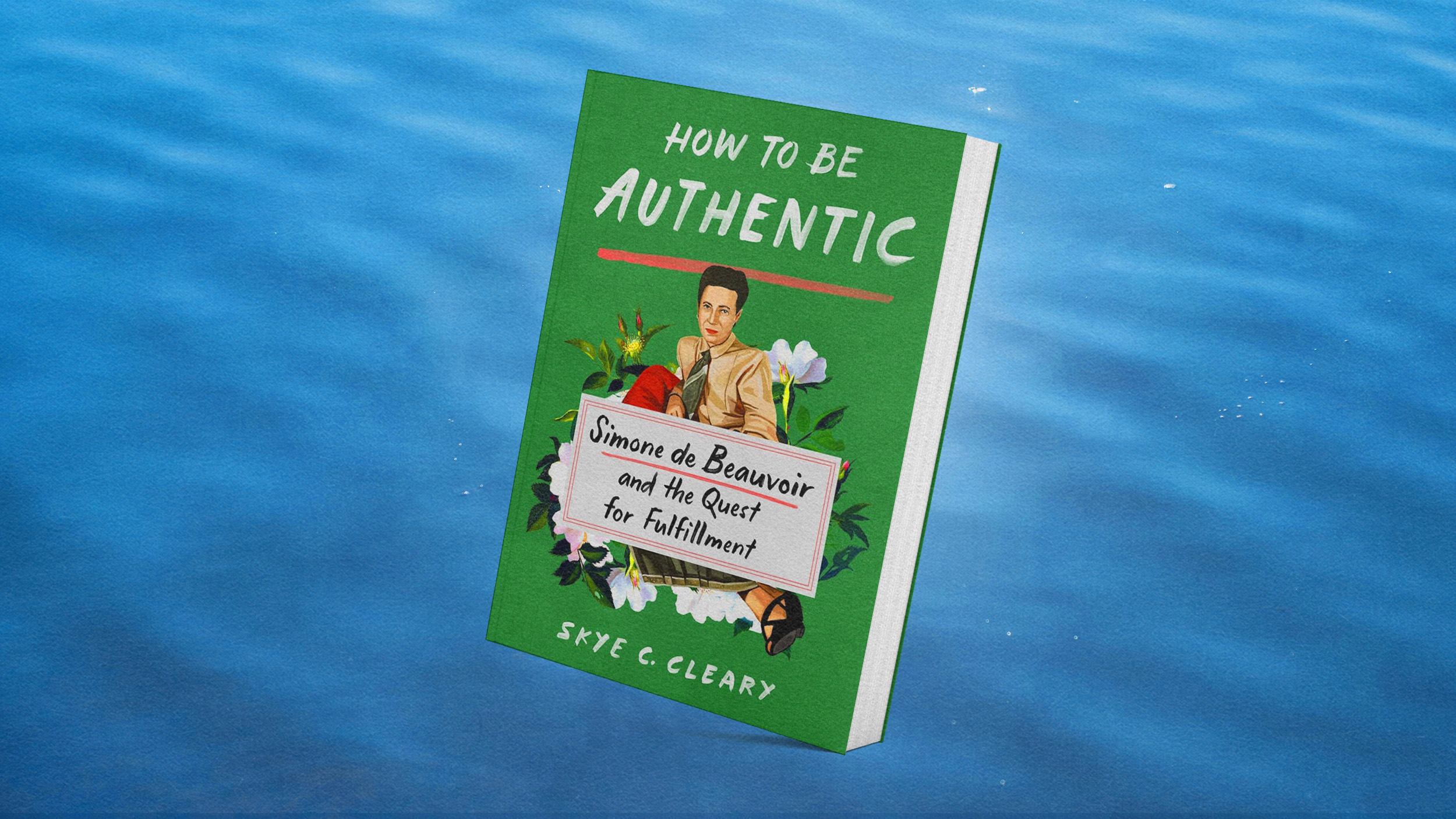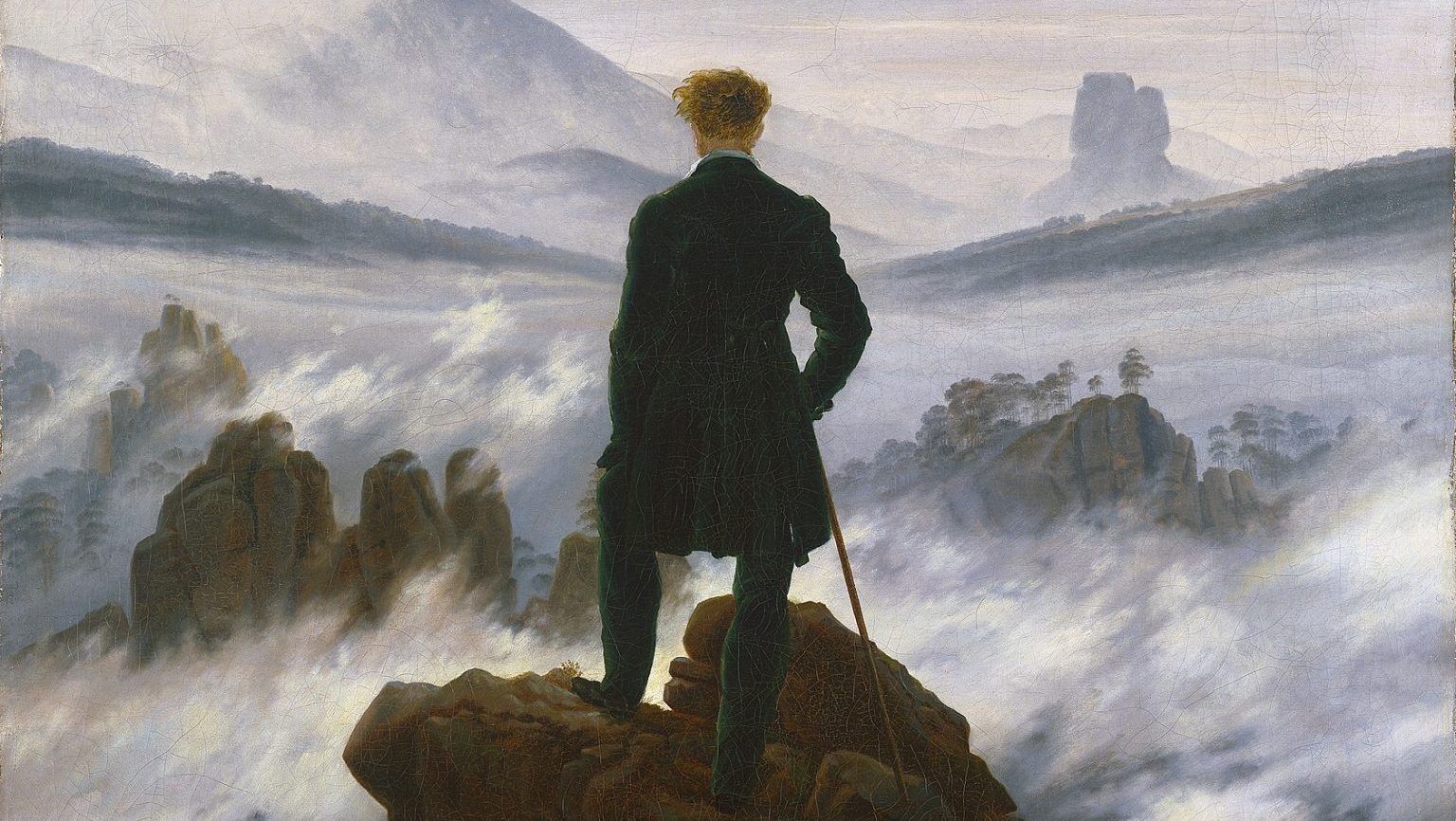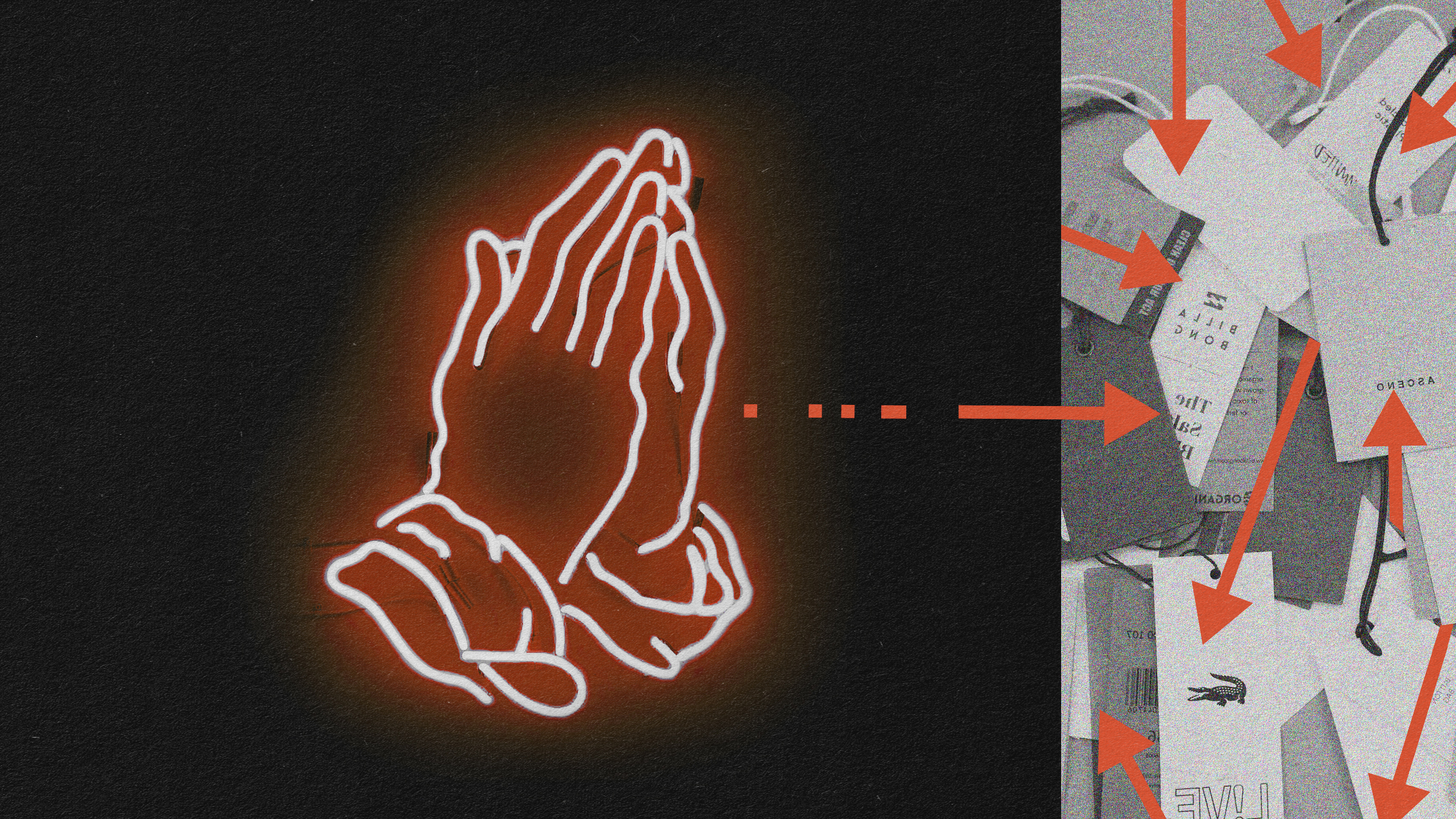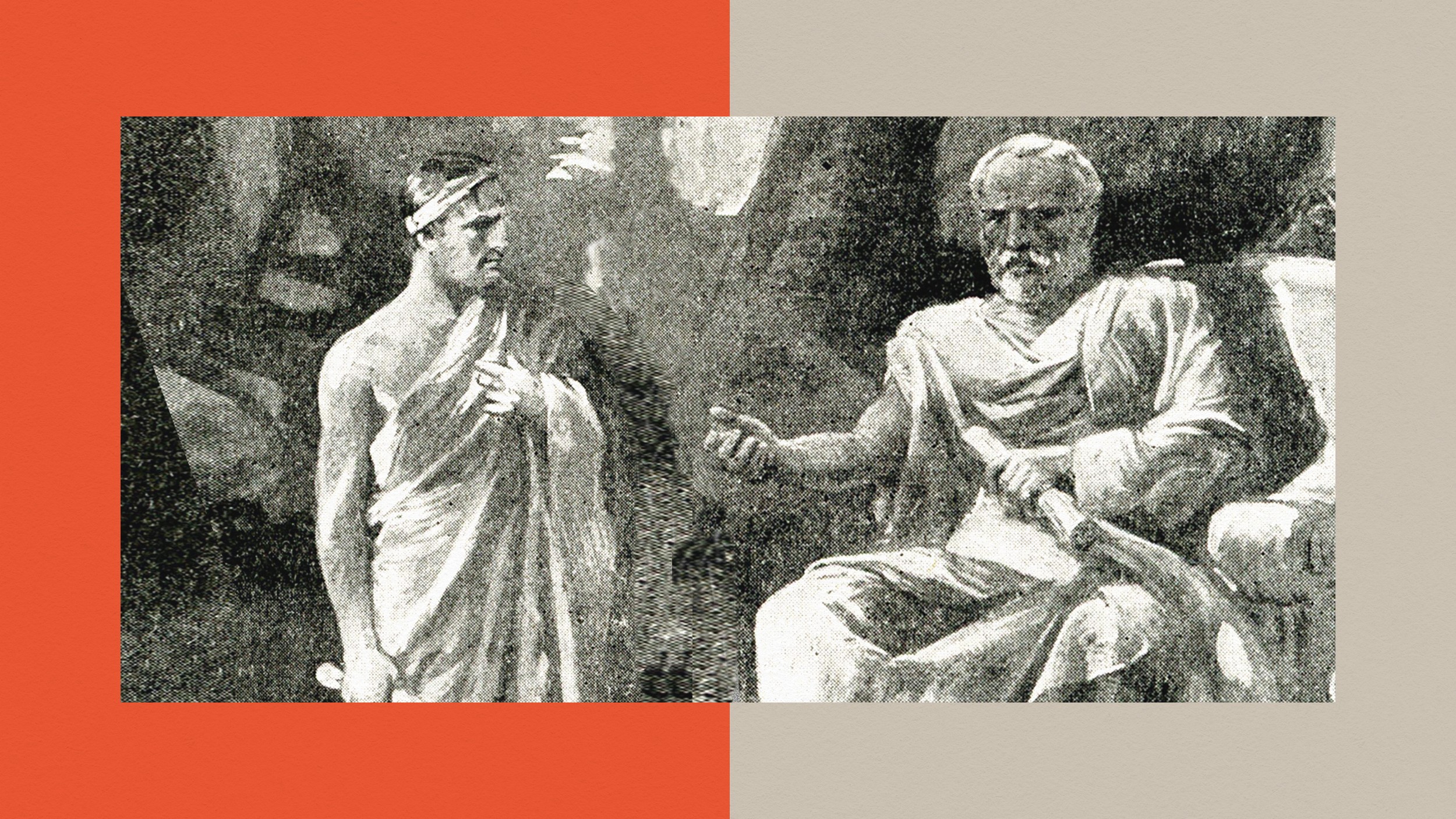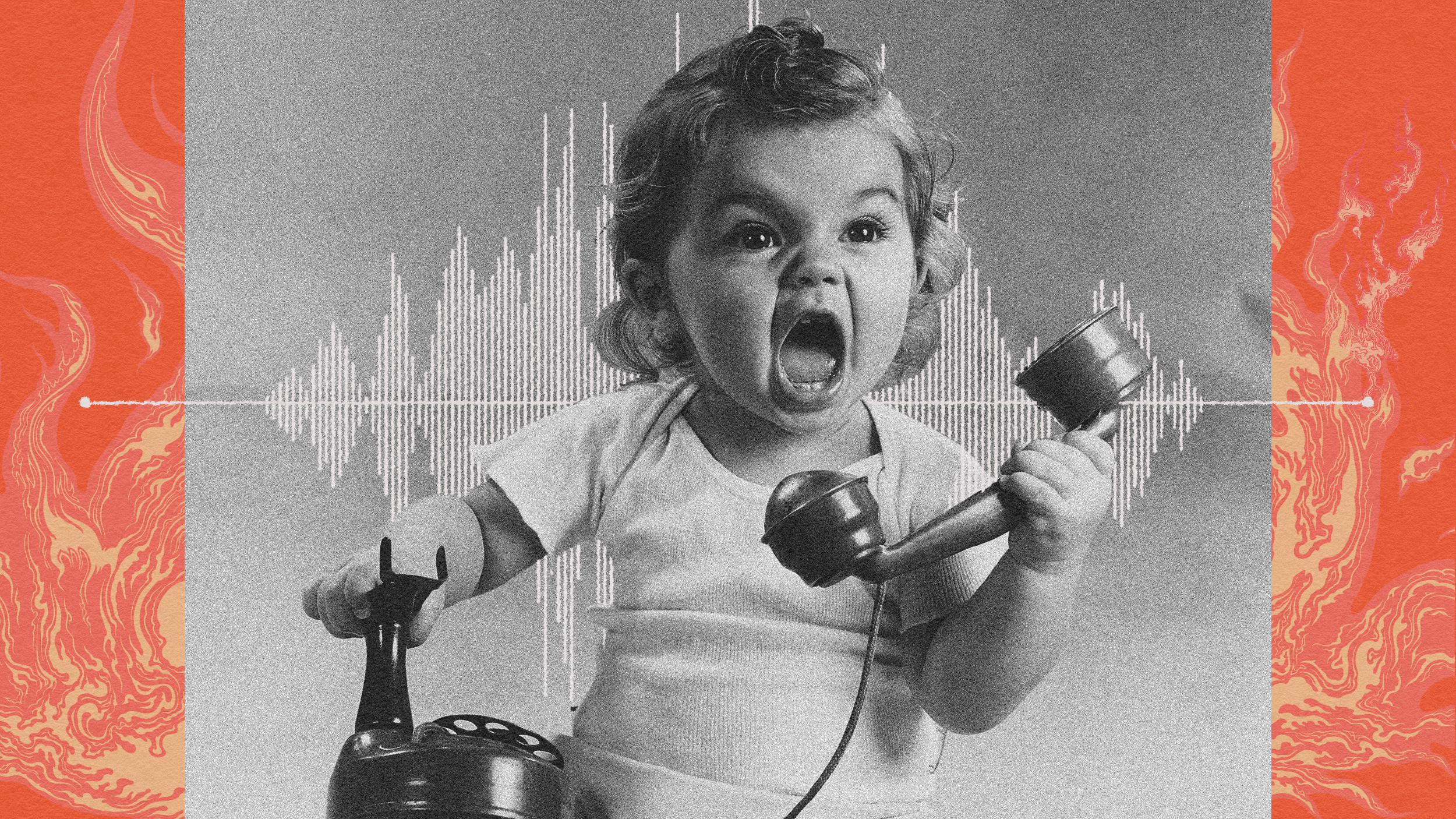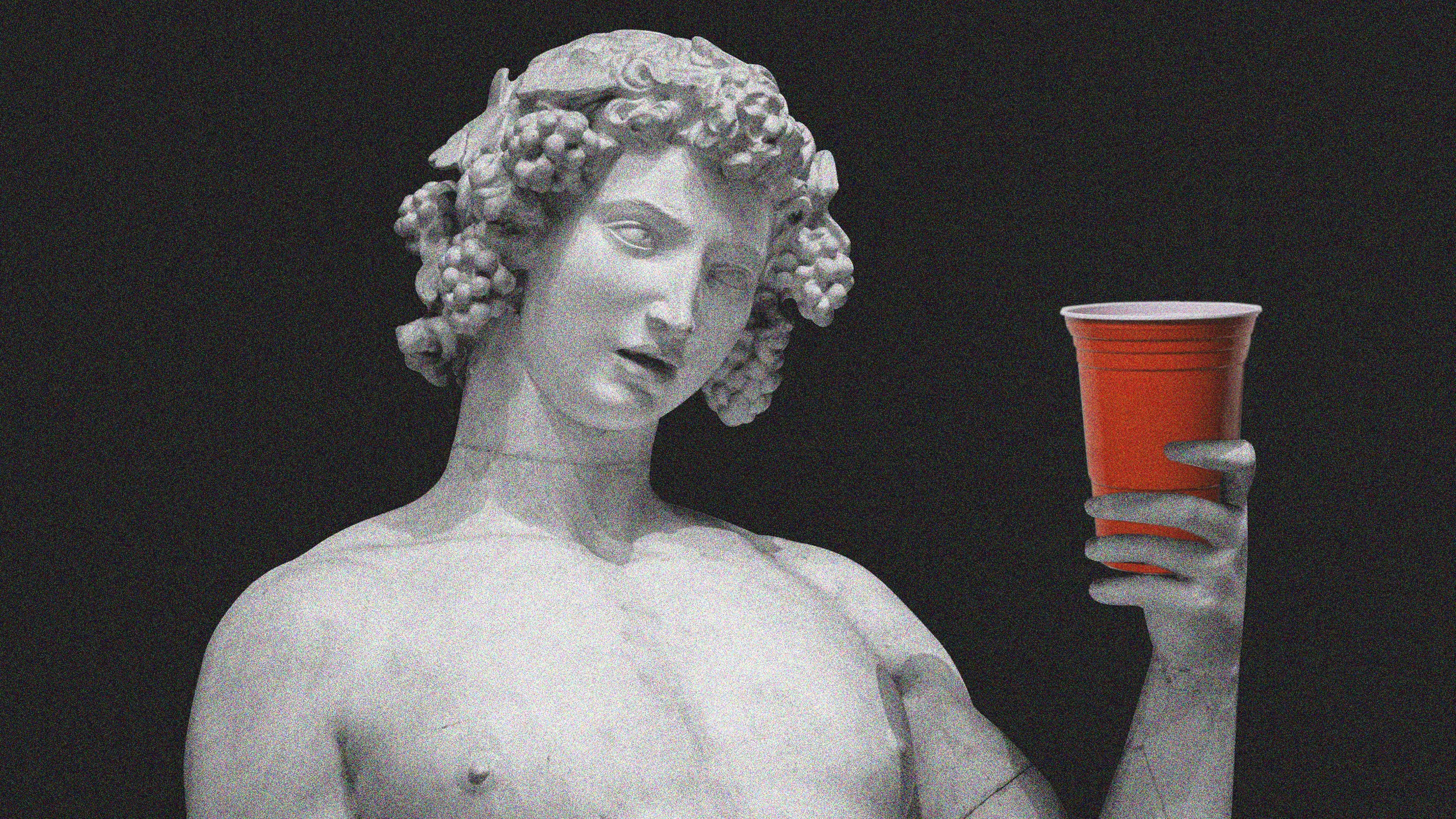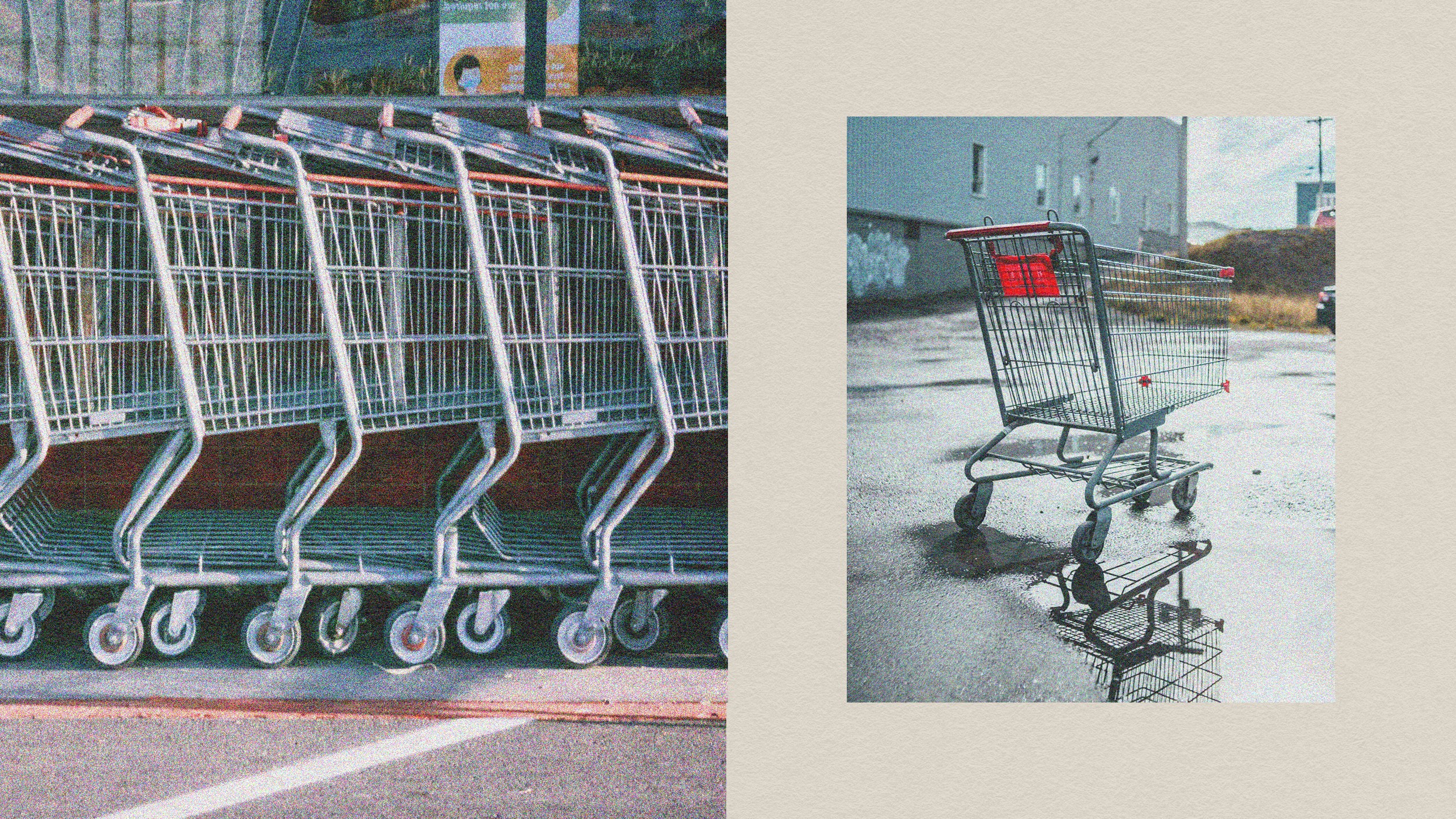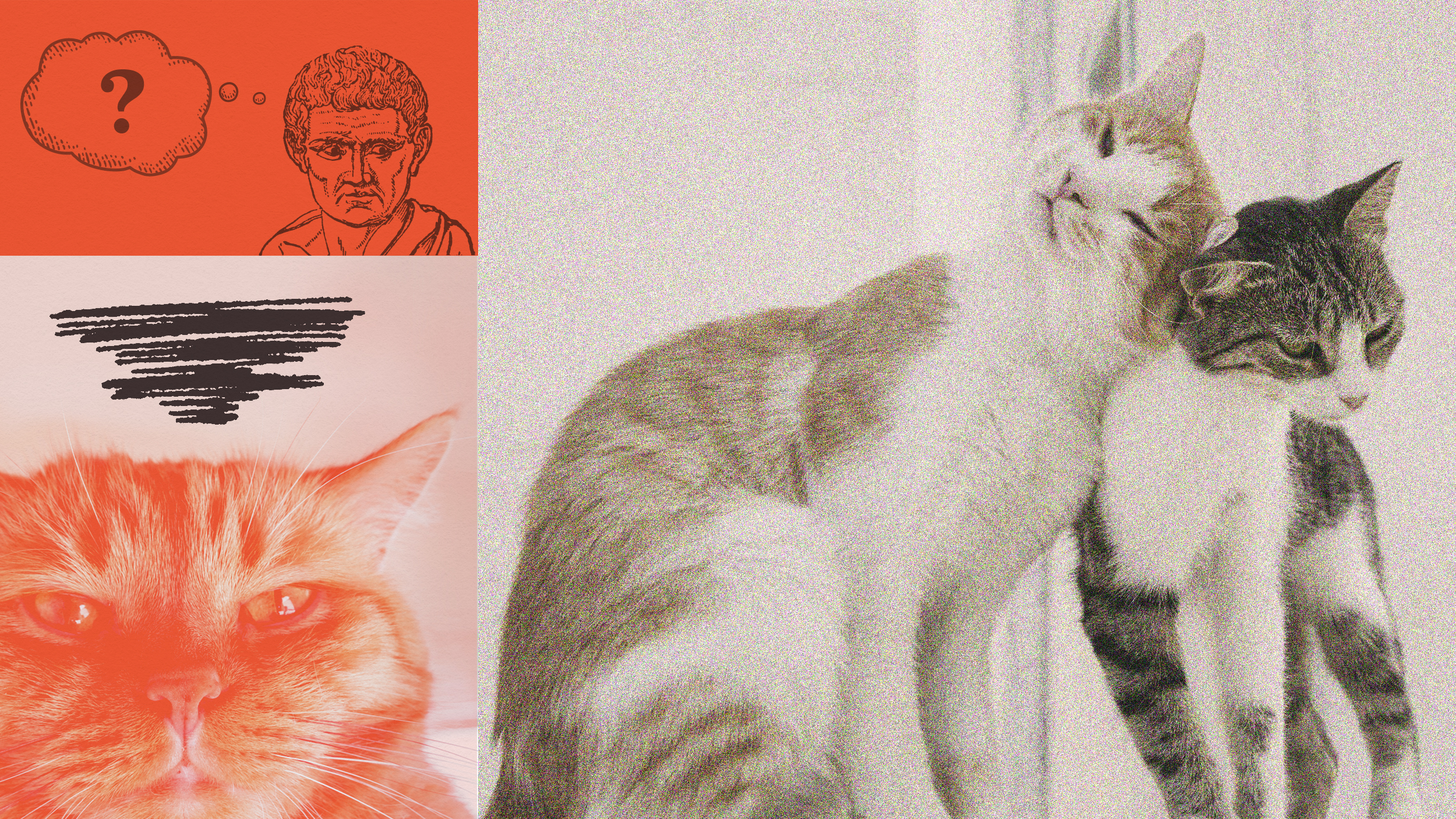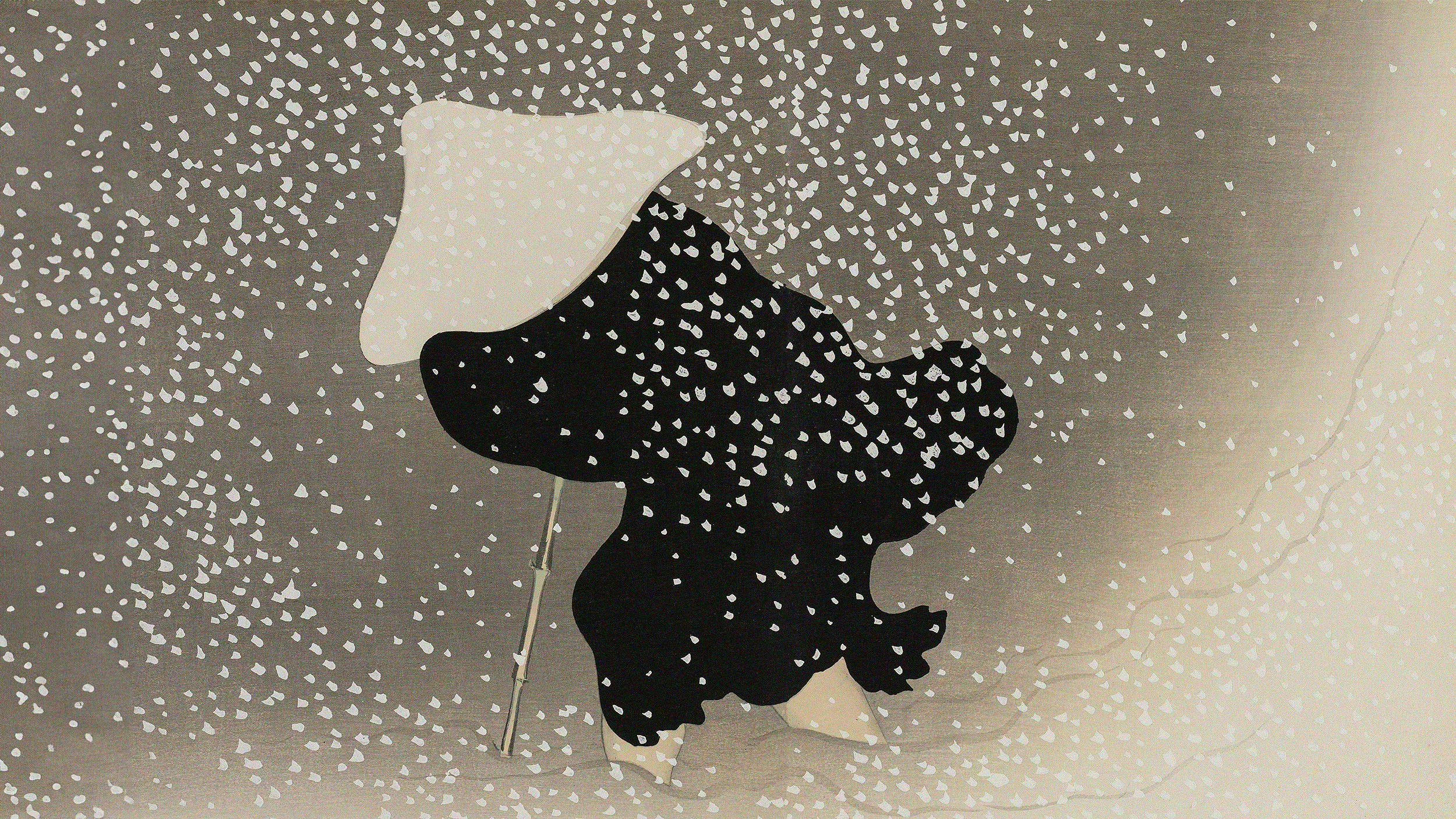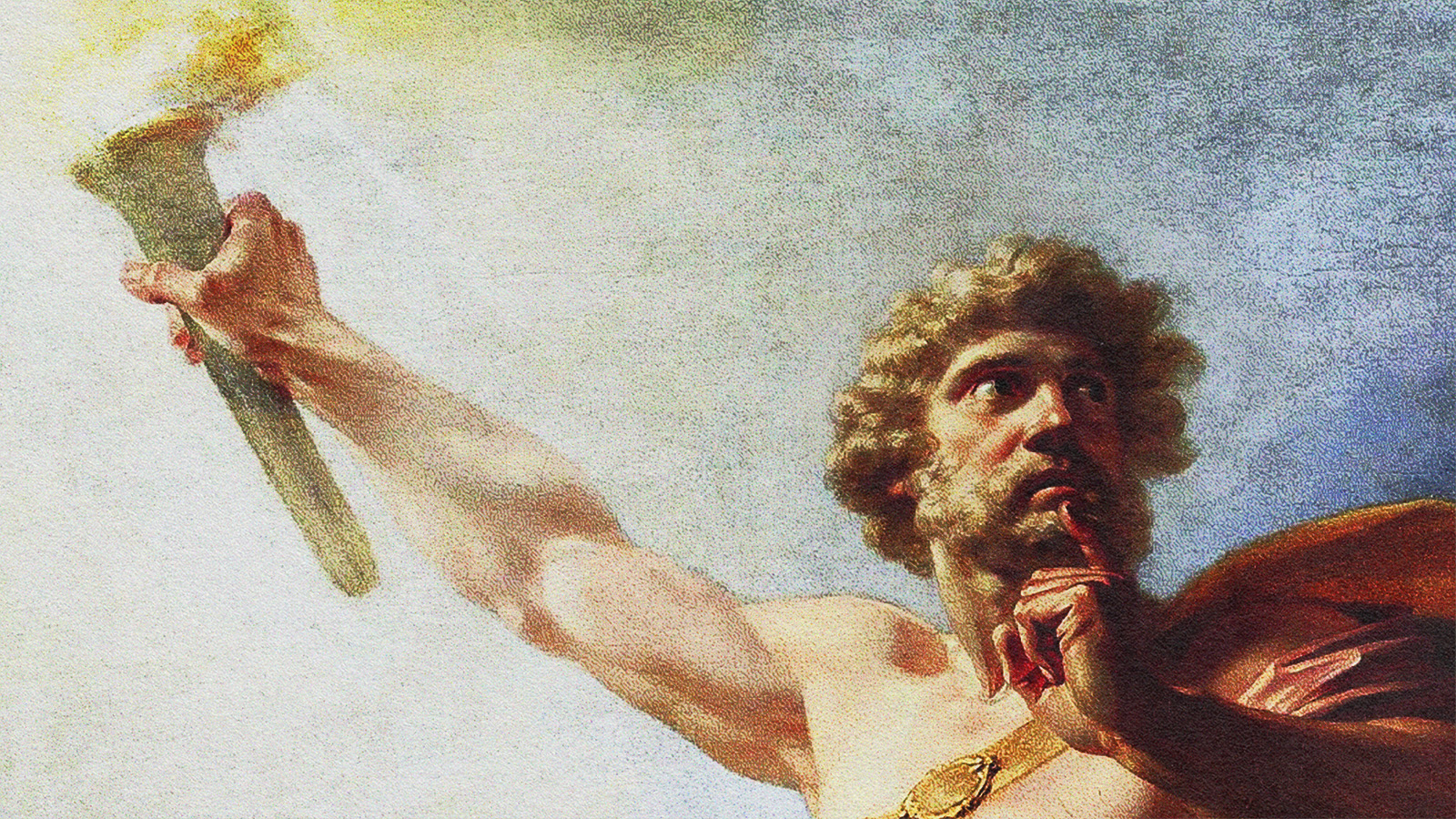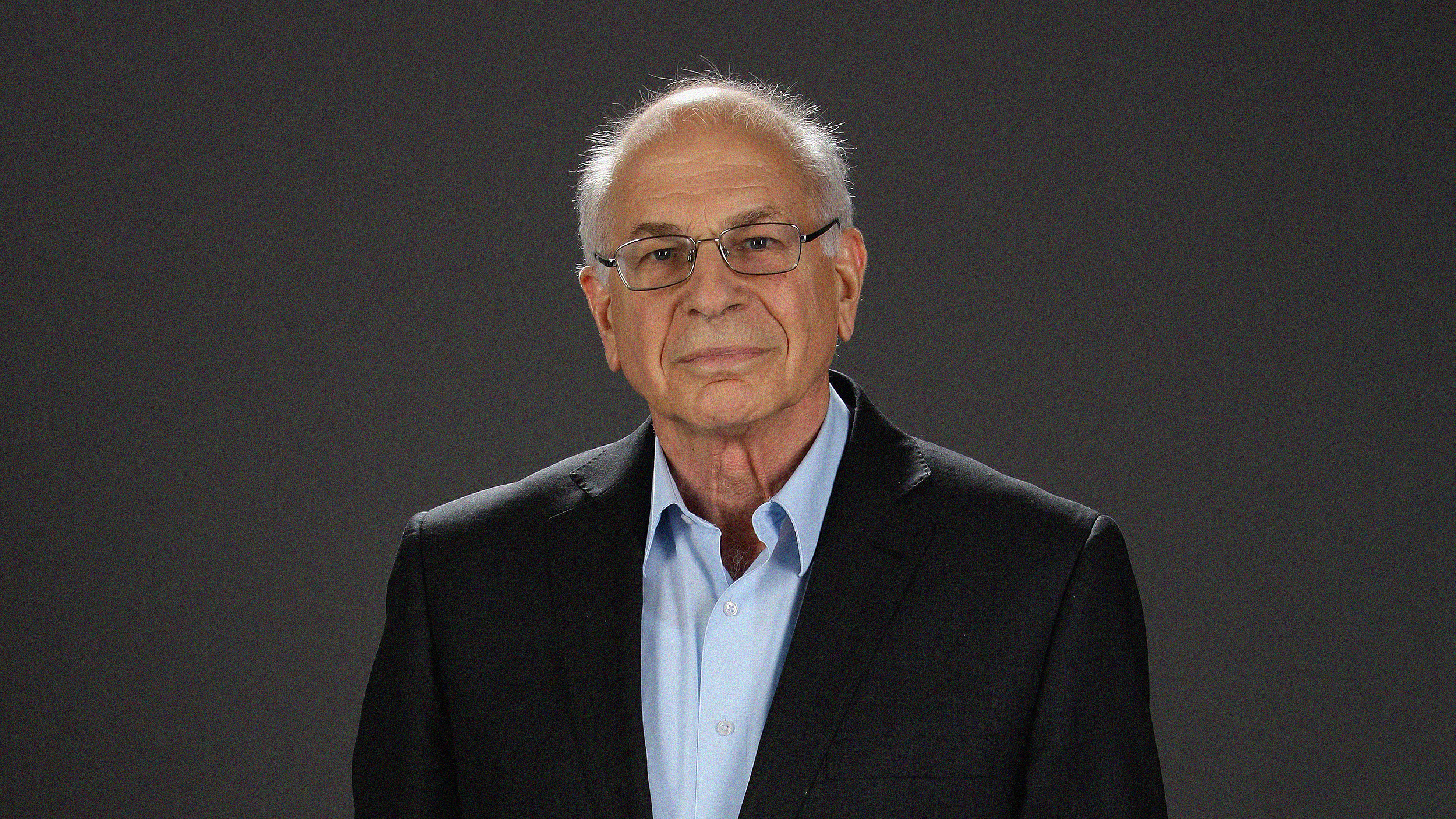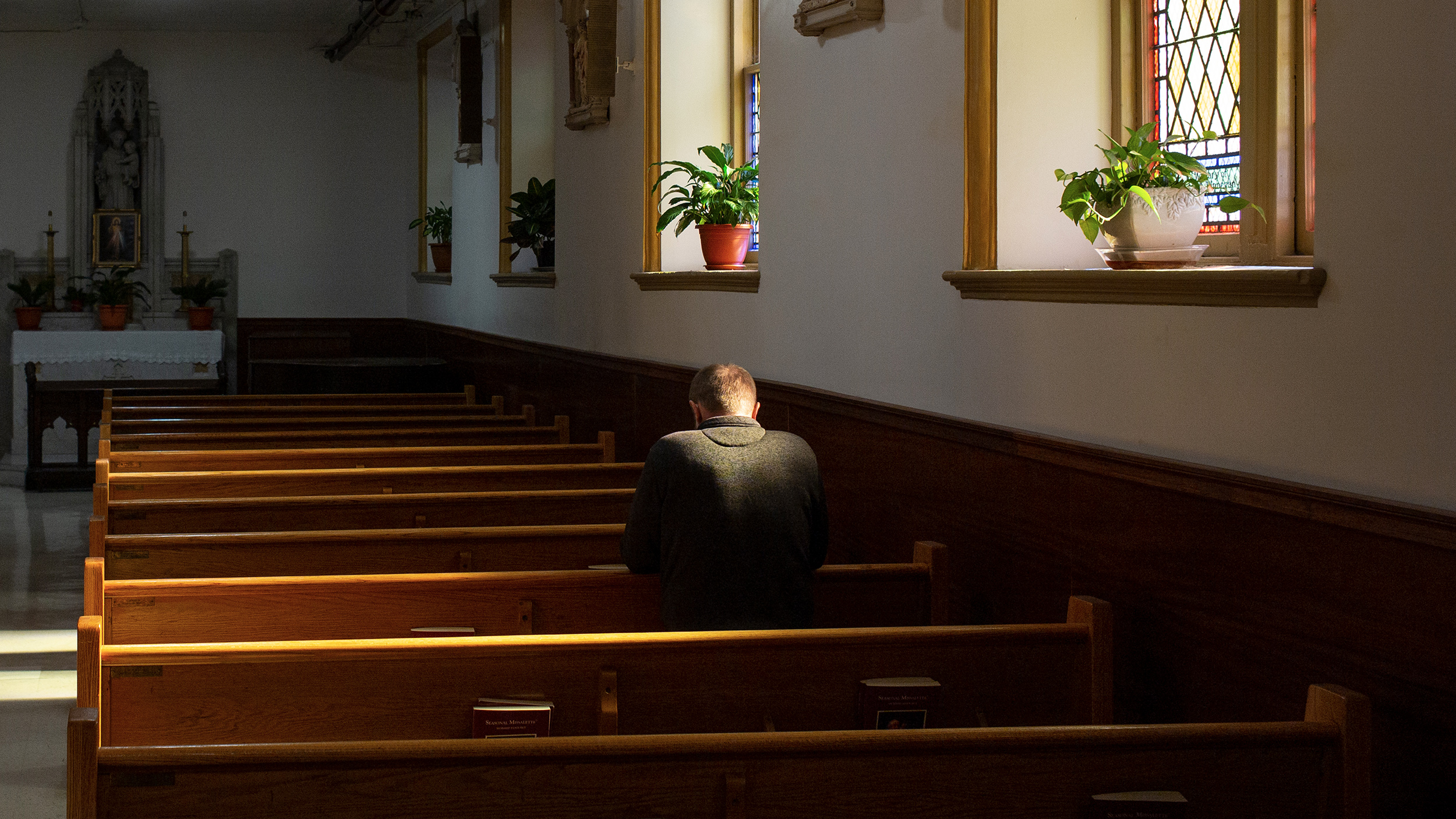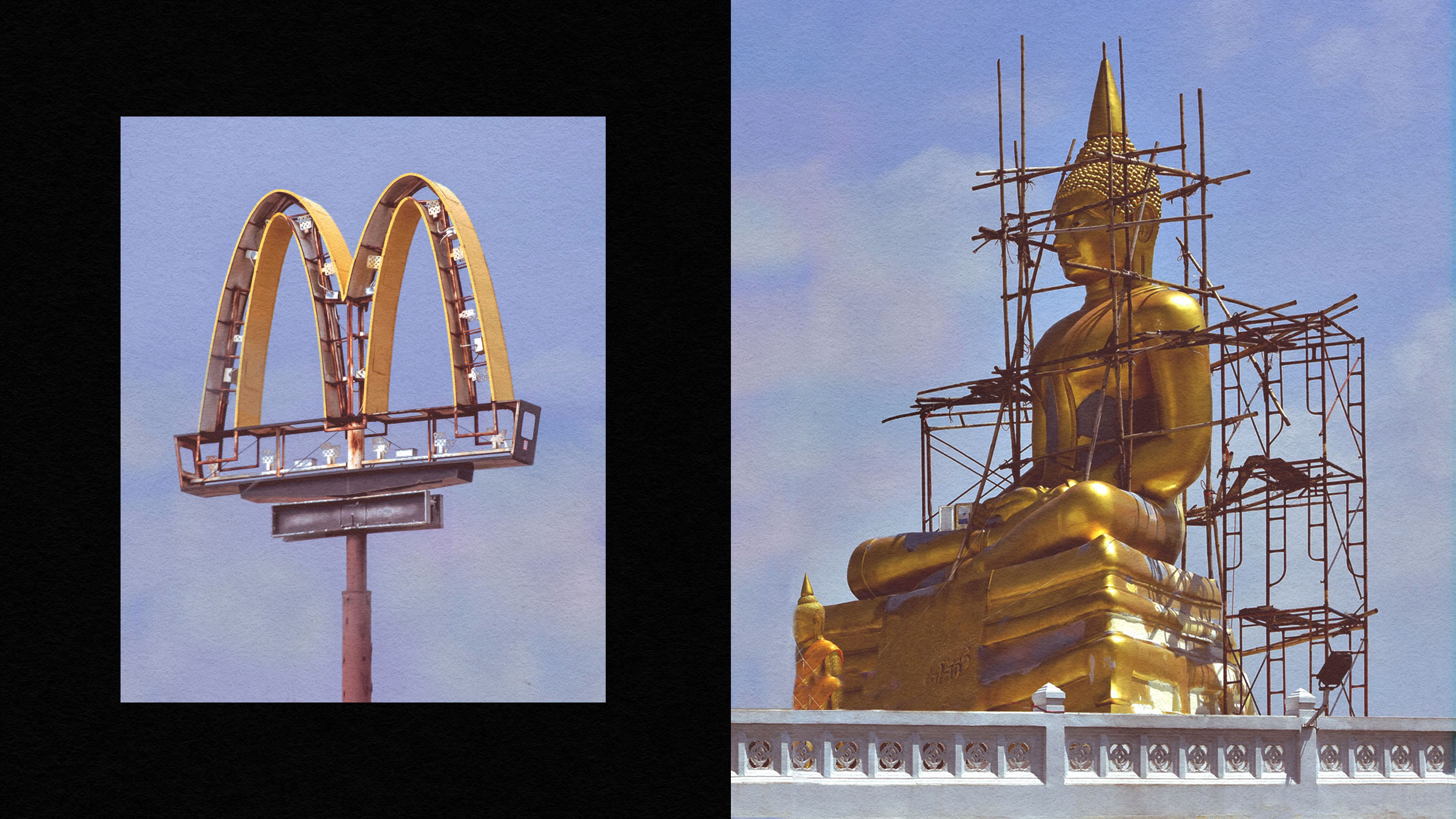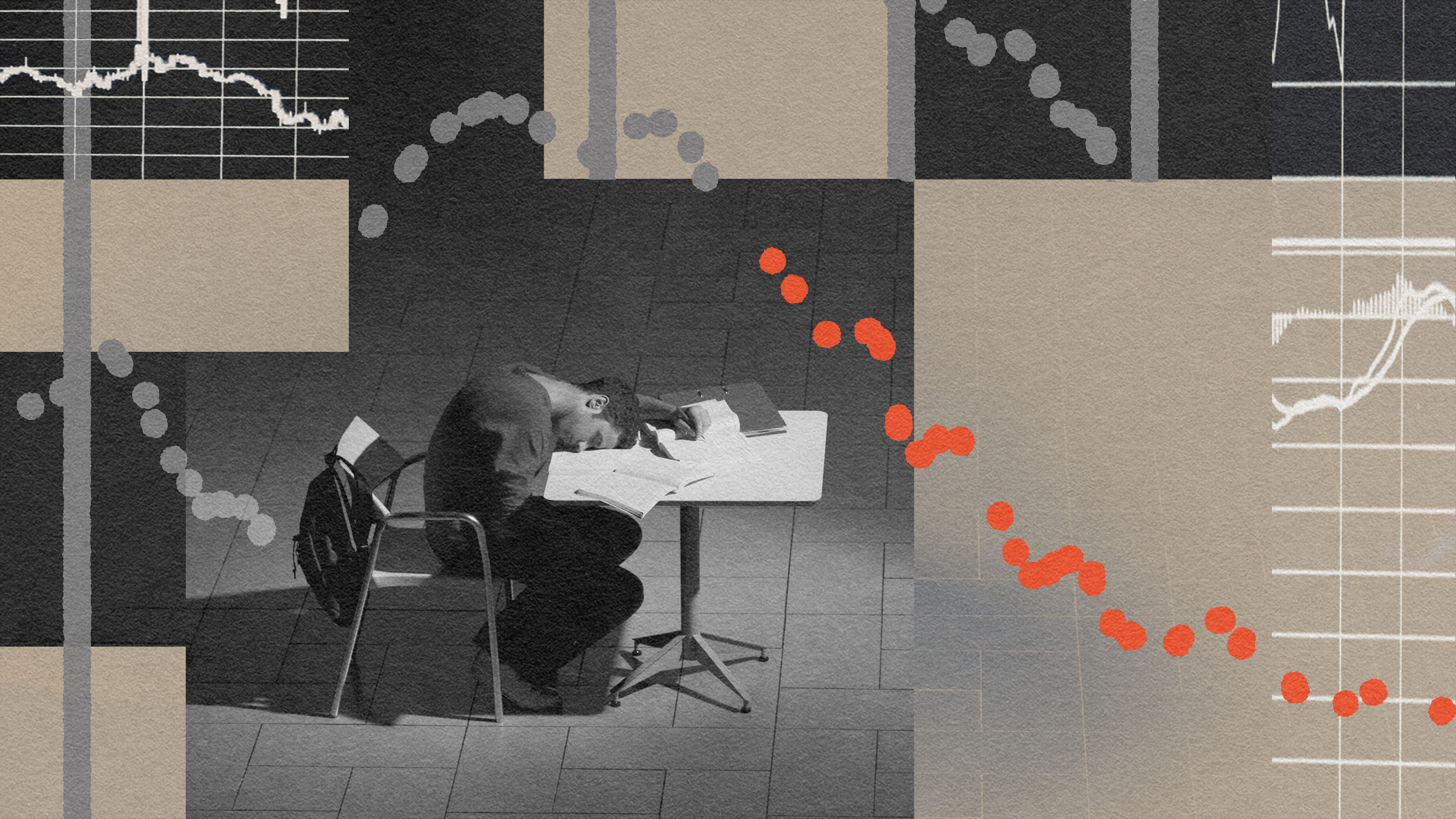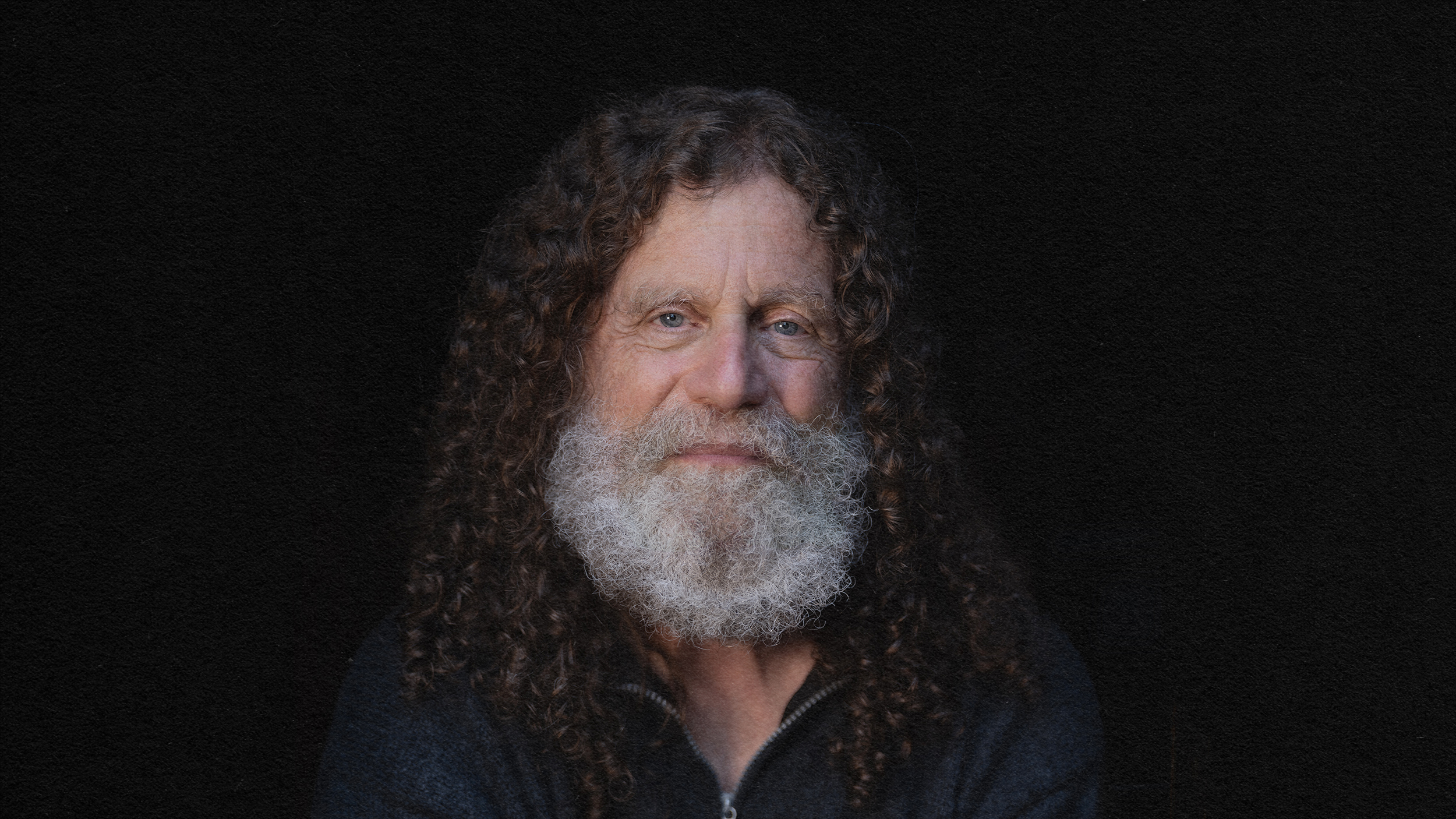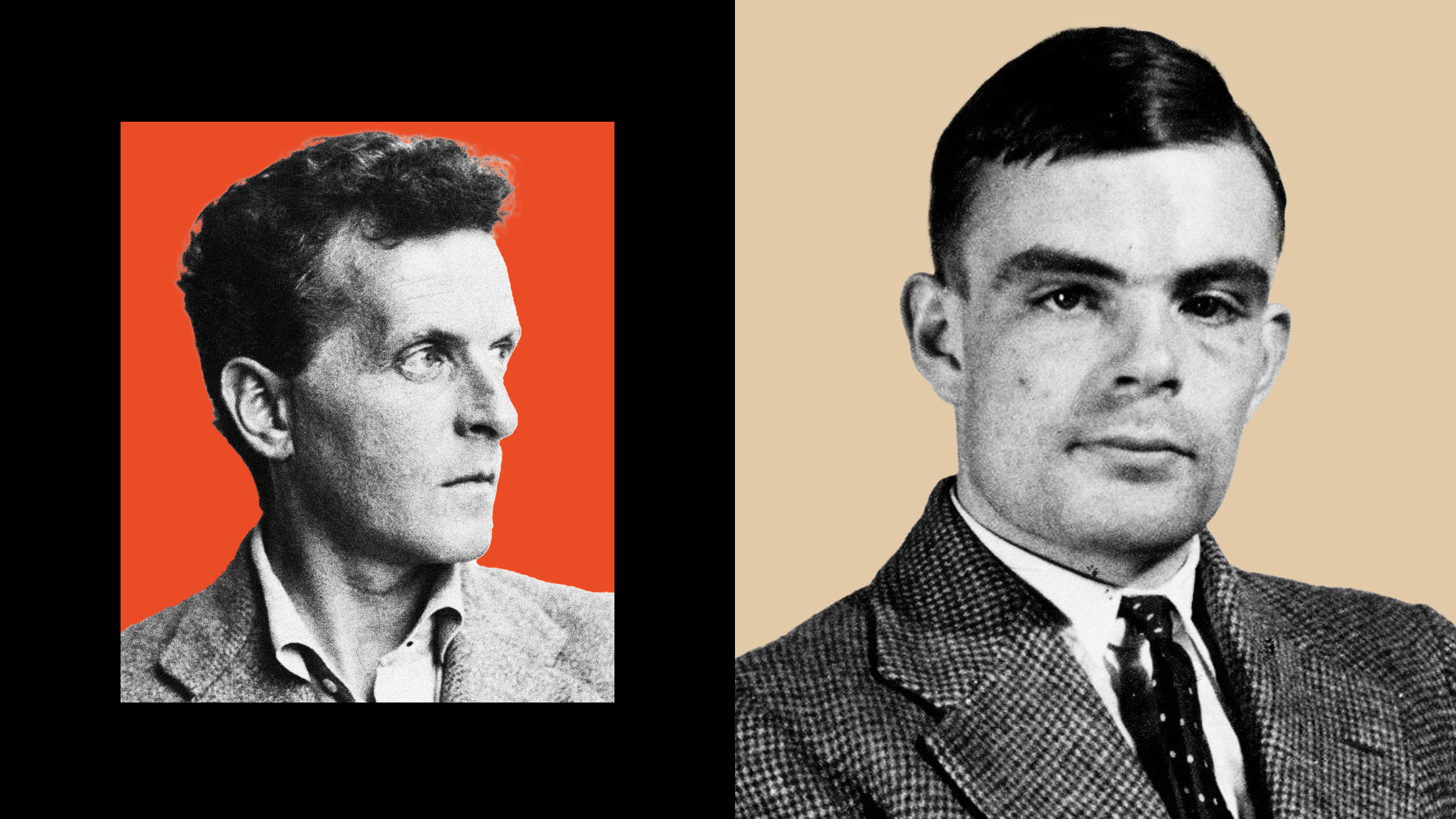A researcher weighs in on who’s accountable, when and why, in the eyes of the law — and whether the measures work as intended.
Are fava beans and chianti really the best pairing for human liver?
The philosopher Skye C. Cleary explores what being authentically happy looks like in a world where so many can’t be.
Just being a pessimist, cynic, or apathetic doesn’t make you a nihilist.
The acceptance of death is deeply embedded in our culture; it’s time to overthrow that idea.
God is not a vending machine, but is it wrong to treat him like one?
A reader asks whether we have an ethical responsibility to always debate bad beliefs, especially those that come from our elders.
If music is a window onto truth, what does screaming reveal?
How heavy is the mask that you wear?
The “Shopping Cart Litmus Test” is a popular meme about morality. What does it really reveal about one’s character?
A battle between different kinds of love.
You’ve got to know when to fight and when to laugh.
When does “oversharing” become an issue?
From Taoism to hedonism, philosophers have devised all sorts of ways to live your best life.
Nicole has been dating someone for a while but it’s not working out from her point of view. Is sudden radio silence an ethical option?
Irene is on a bus with her young kids when two men come on, cussing like sailors. Should Irene step in and say something?
Rich is brilliant at his job. He completes work in half the time of his coworkers. Should he have to sit at his desk just as long?
Japanese thought can’t be easily characterized by just a few books — but this essential guide is a great place to start.
“Hardcore History” host Dan Carlin recently spoke with Big Think about the history of humanity’s drive to create — and whether or not we can control it.
Kahneman was a world-changing psychologist — even with his lesser known ideas on life satisfaction.
Or are cults the religions we find distasteful?
Philosophy isn’t stuck in the past. Here are five texts to connect you with its ongoing dialogue.
A simple dice game shines a bit of light on the psychology of regret.
Here’s how belief in a higher power can act like a psychological safety net.
Cognitive psychologist and poet Keith Holyoak explores whether artificial intelligence could ever achieve poetic authenticity.
Adrie Kusserow, an anthropologist and scholar of Buddhism, shares how her study of the religion and its history has reshaped her view of the world — and herself.
College students once stood out from the pack on IQ tests. Today, they’re about average.
A volley of new insights reignites the debate over whether our choices are ever truly our own.
In pre-War Cambridge, students had to ace an interview with Ludwig Wittgenstein to attend his lectures — Alan Turing passed that test, and went on to create one of his own.
